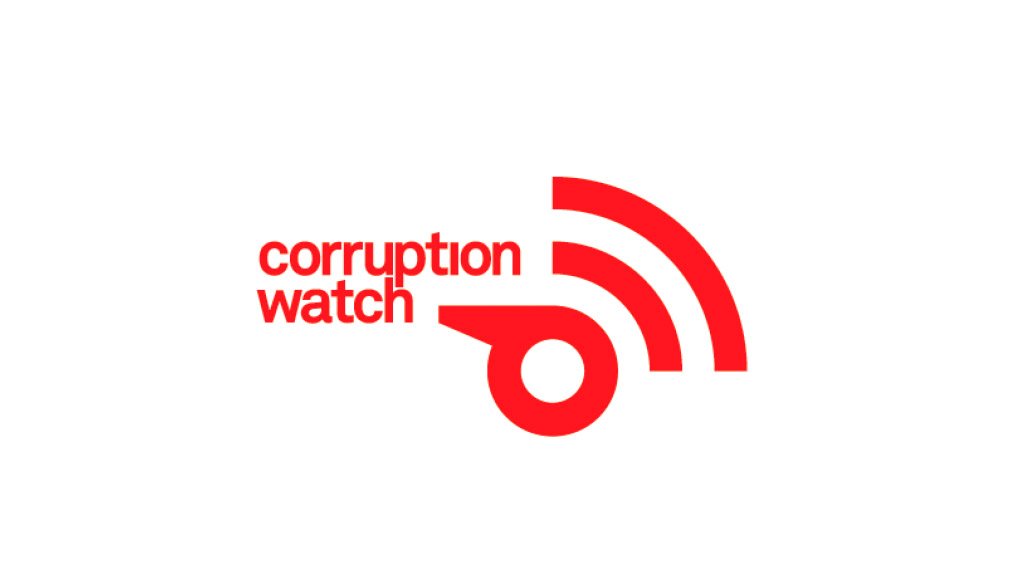Anti-corruption movement Transparency International's (TI's) 2024 Corruption Perceptions Index (CPI) has urged governments, international organisations, and businesses to place corruption at the centre of the global debate, and to put integrity at the centre of climate efforts, stressing the need to prioritise the integration of robust anti-corruption measures into climate finance, policies, and projects for real impact.
Local non-profit organisation Corruption Watch (CW) said South Africa’s hosting of the G20 leaders’ Summit provided a vital opportunity to advocate for G20 countries to make increased climate finance commitments that did not merge debt repayments, private financing and loans as a substitute for direct mechanisms to mitigate the climate crisis.
South Africa assumed the G20 Presidency in December, and will hold it until November 30, making it the first African country to preside over the G20.
The 2024 CPI found a strong link between the climate crisis and corruption, which it said undermined climate action by misdirecting resources, enabling harmful practices, and stifling progress.
It also explained that this highlighted the stark contrast between nations with strong, independent institutions and free and fair elections, and those with repressive authoritarian regimes.
CW pointed out that corruption was a global problem that affected every country and obstructed efforts to properly confront climate change.
The organisation highlighted that while some non-democratic countries might be perceived as managing certain forms of corruption better than more democratic countries, the broader picture showed that democracy and strong institutions were crucial for combating corruption fully and effectively.
“Some countries may have authoritarian or draconian anti-corruption measures, while others, even those at the top of the CPI, may enable corruption. The index does not capture how countries can facilitate transnational corruption, via stolen funds laundered through their economies and the bribery of foreign officials. This is where the main weaknesses of high-scoring countries lie,” CW said.
According to the index, most countries have made little to no progress in tackling public sector corruption in more than a decade, with over two-thirds of countries scoring below 50 out of 100.
CW said this indicated serious and persistent corruption problems, which could have “huge and potentially devastating” implications for global climate action.
The CPI wants governments to shield climate policymaking from undue influence at national, regional, and international levels, and to also enhance investigations, sanctions, and protections to combat corruption, which will deter environmental crimes and reduce impunity.
It believes that undue influence on climate policy occurs in countries with high and low corruption levels – but in wealthy, developed countries, this interference undermines global progress the most.
“Countries with lower corruption levels generally show better readiness to face the challenges posed by climate change – but many are still not adopting the ambitious measures necessary to tackle the climate crisis, partly because of undue influence by businesses,” the CPI pointed out.
The CPI also urges governments to strengthen citizen engagement in climate investments, enabling those affected by the climate crisis to help tailor the solutions.
CW explained that climate initiatives often failed by undermining the development and enforcement of critical climate and environmental policies, while corruption obstructed efforts to implement stringent regulations, reduce emissions, and promote clean energy initiatives.
It said there was also a lack of adequate transparency and accountability mechanisms, increasing the risk that climate funds may be misused or embezzled.
EMAIL THIS ARTICLE SAVE THIS ARTICLE ARTICLE ENQUIRY
To subscribe email subscriptions@creamermedia.co.za or click here
To advertise email advertising@creamermedia.co.za or click here











